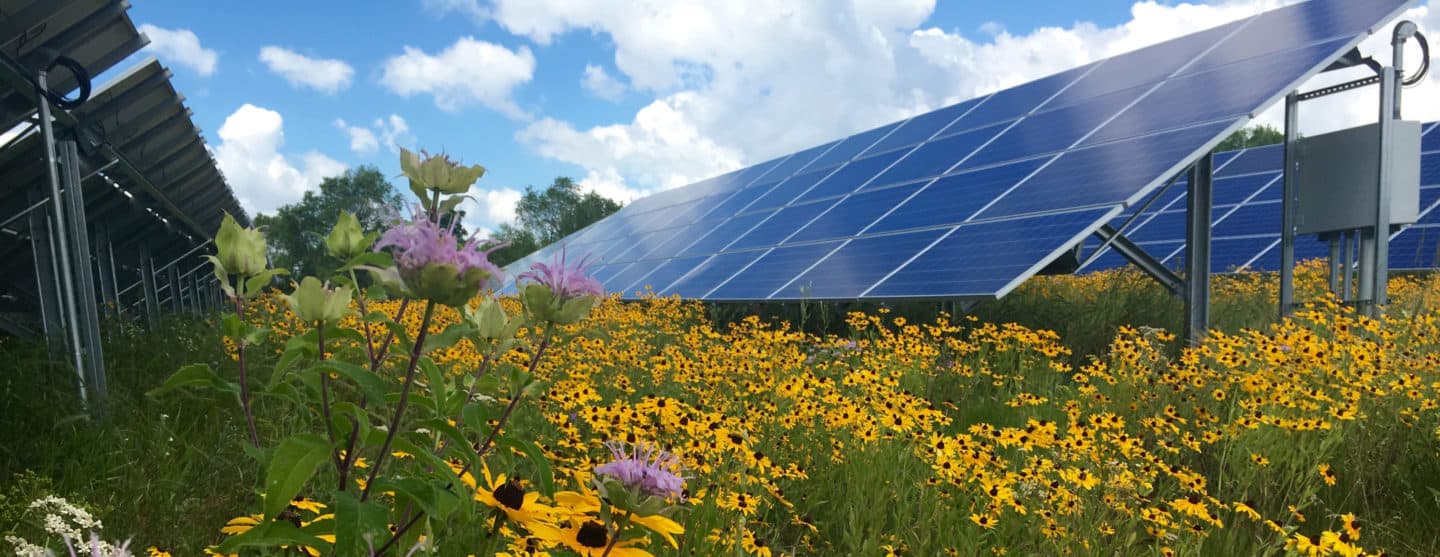If you are considering going solar, you must be wondering how solar panels work. Some of the most common questions that customers ask us here at Atlantic Key Energy are related to the setup and the price of the photovoltaic panels. Another factor they inquire about is how a solar installation will affect their electricity bills. What is net metering? Should you connect your solar system to the grid? What are the regulations on net metering in your state? We are here to shed light on those frequently asked questions.
What Is Net Metering And How Does It Work?
While there is abundant sunlight that your solar panels can turn into electricity during the day, at night, they have nothing to work with. Many new solar system owners are wondering whether they can power their homes in the evening and during the night with their PV panels. Owing to the introduction of the net metering policy, your solar home will not be in the dark during the night.
Net metering also called net energy metering or NEM. This is a system that allows you to store excess energy produced by your solar panels into the grid. In exchange for that, you can draw power from the utility grid when the sun isn’t shining and your photovoltaic’s are underproducing. The chances are that your solar installation is making more electric energy during the day than your household can use up. If your system is connected to the grid, it will automatically send excess electricity to it so that it can be distributed to other users in your neighborhood.
When that happens, you can observe your net meter go backward. What that means is that the utility company is receiving your power and lowering your electricity costs. You will get credits on your electricity bill that you can use whenever your solar system doesn’t produce enough energy. Therefore, your power needs will be met during the night and on days with less sunlight.

Should You Connect Your System To The Grid?
In most cases, solar panels will make enough power to meet the energy needs of a household during the day. But at night, there is no sunlight to produce electricity, so it has to be bought from the utility company. That greatly depends on the location and the weather in the area where you live. If you have long days and get lots of sunshine, the chances are higher that your home will be 100% self-sustaining in terms of energy production.
However, most solar system owners live in areas with fickle weather and cannot rely on their panels to make as much power as they use daily. They still have to draw some electricity from the grid. If you connect your PV panels to the grid and transfer the excess power to it, you will be able to use utility electricity when your panels cannot make any. A fantastic benefit of net metering is that it doesn’t let any renewable energy go to waste. It also serves as a backup energy plan for homeowners. Therefore, connecting to the grid is generally a sound idea for most solar users.
Which States Have Passed Laws On Net Metering?
Most states have net metering incentives. At present, 41 states have mandatory net metering policies. Two states — Texas and Idaho — don’t consider net metering mandatory, but some utilities in these states allow it. The states that don’t currently have net metering regulations offer alternative policies that you can inquire about further. The ones in question are:
- Alabama
- Georgia
- Hawaii
- Mississippi
- Nevada
- South Dakota
- Tennessee
Final Thoughts
Now that we’ve covered all the basics, the question, What is net metering? shouldn’t bother you anymore. If you want to know more about net metering policies in Florida, feel free to call us for more details. Atlantic Key Energy is here to answer all your inquiries and help you decide whether your home is ready for solar savings!
Learn About Other Solar Related Topics
Take Advantage of Solar While The Cost Keep Dropping
The Next Big Thing in HOme Energy Storage is Solar Batteries
Find Out What Our Customers Are Saying About Us




